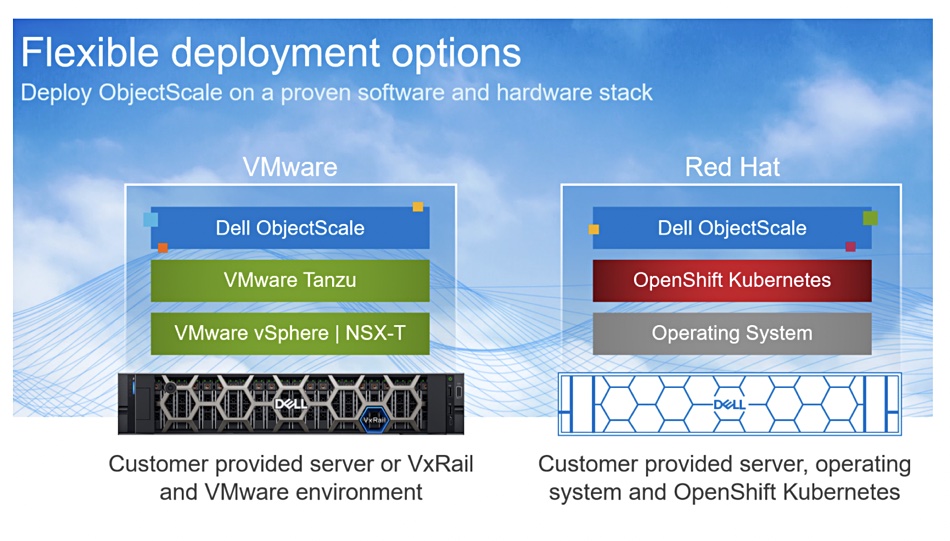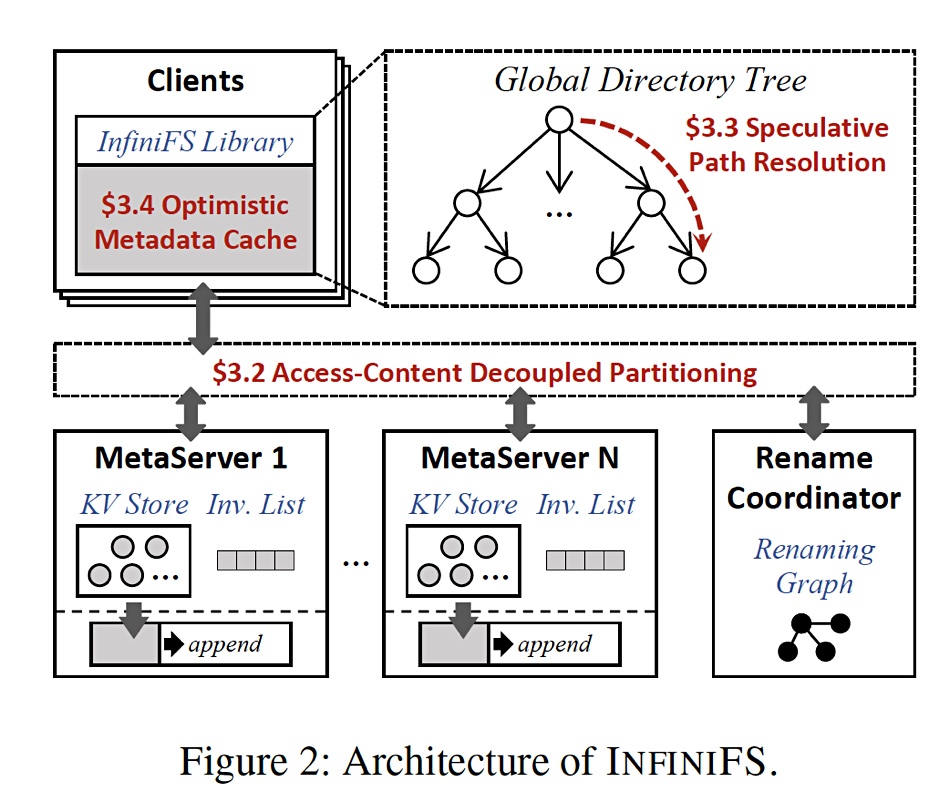Weekly Roundup – 11 March, 2022
Source: 9to5Linux
Canonical today published new Linux kernel security updates for all supported Ubuntu releases to address several vulnerabilities, including the infamous “Dirty Pipe” vulnerability.
This is a small security update coming just two weeks after the previous security update and it patches the so-called “Dirty Pipe” security vulnerability (CVE-2022-0847) discovered by Max Kellermann. This vulnerability only affects Ubuntu 21.10 and Ubuntu 20.04 LTS systems running the Linux 5.13 kernel and could allow a local attacker to modify any file that could be opened for reading.

Nvidia Acquires Software-Defined Storage Provider Excelero
Source: HPCwire
Nvidia has announced that it has acquired Excelero. The high-performance block storage provider, founded in 2014, will have its technology integrated into Nvidia’s enterprise software stack. Nvidia is not disclosing the value of the deal.
Excelero’s core product, Excelero NVMesh, offers software-defined block storage via networked NVMe SSDs. NVMesh operates through networked drives on-prem or in private clouds and, last year, began to support Microsoft Azure as well. Over the years, Excelero accumulated $35 million in venture capital, most recently via strategic investment by storage giant Western Digital in 2018.
Storage suppliers start to pull out from Russia
Source: Blocks & Files
Storage suppliers are beginning to pull out of Russia as President Vladimir Putin’s invasion of Ukraine gathers pace.
Russia invaded Ukraine on 24 February and its forces, facing strong and aggressive resistance, have shelled a nuclear power station and even civilians as they struggle to subdue the country’s response. Data protector Veeam declared it would no longer do business in Russia on Friday and some other storage suppliers have adopted the same stance.
Wasabi Hot Cloud Storage Certified With Veritas NetBackup
Source: StorageNewsletter
Wasabi Technologies, Inc. is now certified for use with Veritas NetBackup, the enterprise backup and recovery solution.
Users of Wasabi hot cloud storage and NetBackup benefit from more affordable, predictable pricing, simplified cloud storage and data management, and security and recovery features to protect vs. ransomware and other threats, all at enterprise scale.
Dell builds containerised ObjectScale on ECS base
Source: Blocks & Files
Dell’s ObjectScale object storage software is now generally available as a free download following the software’s early access programme.
ObjectScale is distributed, microservices-based, multi-node, scale-out, and multi-tenant object storage software with a single global namespace that supports the S3 API. More than 1,000 nodes are supported, from a three-node start, with no specific architectural limit.

VMware offers hardware compatibility list for home labs
Source: The Register
Vendors’ hardware compatibility lists detail the kit on which they guarantee their software will work at useful levels of performance.
But what if you can’t afford that kit for a home lab or other non-production project? Or have some hardware you think might do the job at work?
VMware is now offering builders of such rigs a tool to help them understand if the kit they have to hand will suffice: a Solution Designer.
Tuxera Flash Memory Testing Services
Source: StorageNewsletter
Tuxera, Inc. has launched its Flash Memory Testing Services, a program designed to save engineers and systems designers time, energy, and money.
The service provides customers with guidance in choosing the right storage technology for their individualized use cases, so they can select a solution that meets their requirements for lifetime, performance and reliability.
InfiniFS: Scientists claim to have solved the 100-billion-file problem
Source: Blocks & Files
Chinese computer scientists reckon they have found a way to get through a metadata access bottleneck slowing file access when you’re looking for that one file in 100 billion.
Filesystems all store files inside a file and folder structure giving users control over where files are stored. This is in contrast to a database where a record is added and the database decides where it goes based on the record type and contents. If then a user needs to search for the record then some search language like SQL, is needed. Eg; SELECT * FROM Fruits WHERE Fruit_Color=‘Red’.

![Random [Tech] Stuff](https://koutoupis.com/wp-content/uploads/2022/01/koutoupis-logo-3.png)

